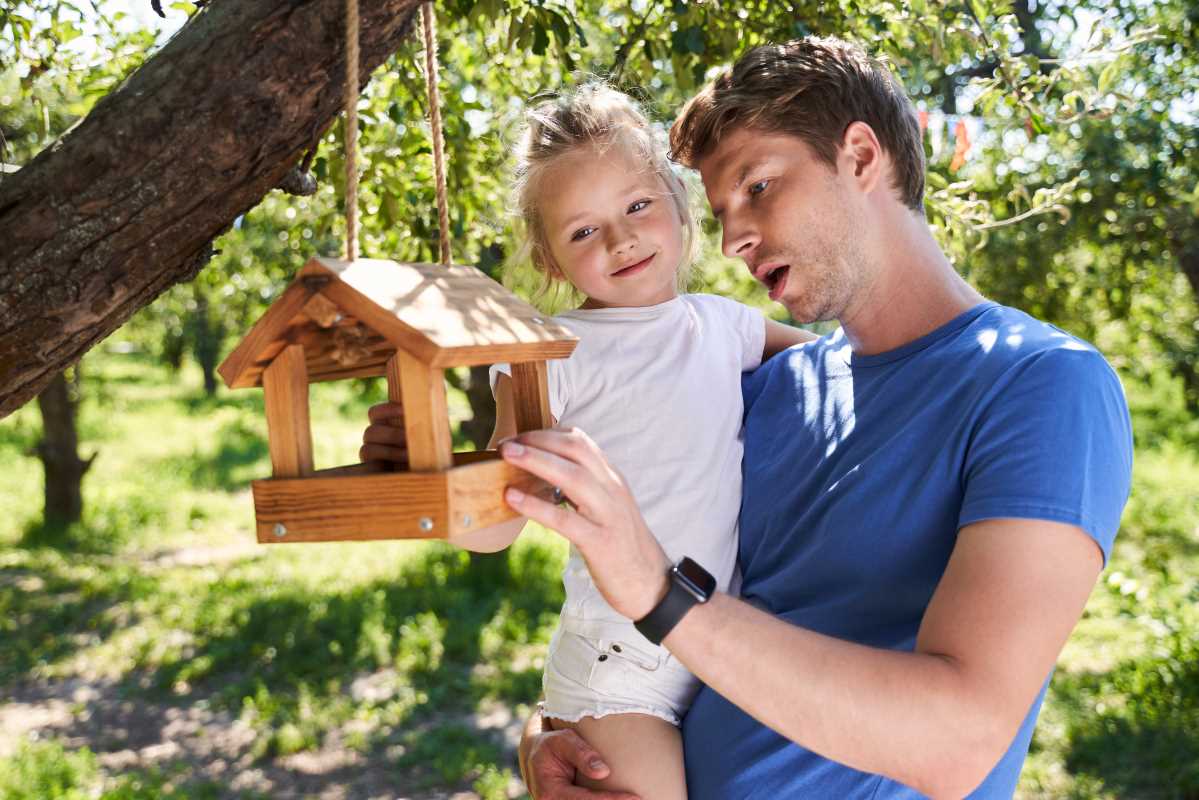Getting back into dating as a single parent can feel like a big step—not just for you, but for your kids too. This new chapter may come with excitement and self-discovery, but your children might experience confusion or worry as they adjust to the changes. Navigating these emotions while maintaining a happy balance for your family requires patience, open communication, and thoughtful actions.
Worried about how to make this transition smoother for everyone? Here’s an in-depth guide with practical tips to help your kids adjust to your dating life while keeping things positive, thoughtful, and stress-free.
Start with Open and Honest Conversations
Kids often sense when something is different. You might think you’re keeping your dating life under wraps, but the little shifts in your routine or mood don’t easily go unnoticed. Instead of leaving them to guess what’s happening, start with open and age-appropriate conversations.
Explain why you’re dating, but keep it simple. If you’re older children who can understand complex topics, you might share a more detailed perspective. For younger ones, focus on reassurance. For example, you could say, “Sometimes grown-ups like to make new friends. I’ve decided to meet new people and see if I make some important connections. It doesn’t change how much I love or prioritize you.”
Tips for having this conversation effectively:
- Choose the right time: Avoid dropping this news casually during a busy or tense moment. Instead, pick a calm, relaxed setting like family dinner or during a quiet car ride.
- Give them room to process: Your kids might not ask questions right away, especially if they’re feeling surprised or unsure. Be ready to revisit the conversation when they’re ready to talk.
- Be truthful but mindful: Keep the details limited to what’s appropriate for your child’s age. Focus more on describing why dating is important to you and less on specifics about anyone you’re seeing at this stage.
Take Things Slow
Introducing someone new into your life isn’t just about your readiness—it’s also about how prepared your kids feel. For many kids, seeing a parent date can bring up worries like, “Will this person replace one of my parents?” or “Does this mean less time with Mom/Dad?”
The key to easing them into this is to take things slowly. Start with the decision of when to share that you’re dating and how much to share. There’s no need to introduce a partner early in the relationship; waiting until things are serious not only protects your kids’ emotional well-being but also gives you a chance to make sure this person is a good fit for your family.
When you are ready to introduce your kids to someone, take it step by step. For example, you could arrange a casual, low-pressure meet-up at the park or ice cream shop where everyone can feel at ease.
Things to avoid when introducing a new partner to your kids:
- Bringing new partners over frequently. Your kids need stability, and multiple introductions can make them feel like relationships are fleeting.
- Rushing the process. Give them time to form their own impressions rather than expecting a close bond right away.
Listen to Their Concerns
Kids often express their feelings in ways that don’t immediately look like concerns. A younger child’s tantrum before bedtime or a teen’s sudden withdrawal might mean they’re unsure about these new changes. And while their reactions can be frustrating, it’s important to approach such moments with patience and understanding.
Encourage open dialogue by letting your kids voice their thoughts freely. For example, after you share the news that you’re dating, you might say, “How does that make you feel?” Acknowledge their emotions without judgment or defensiveness, even if they’re skeptical, angry, or hurt. Saying something simple like, “I can see this feels confusing” can go a long way toward helping your child feel heard.
Examples of listening with intention:
- If your child says, “I don’t get why you want to date,” respond with, “I understand why this might feel strange. It’s a big change, but we’ll figure it out together.”
- If they express worry about someone replacing the other parent, reassure them with consistency. “No one will take your mom/dad’s place. That love will always be special and separate.”
- Avoid dismissive phrases like “You’ll get over it” or “It’s not a big deal.” Even if their worries seem unfounded to you, they’re very real to your child.
Keep Family Routines Steady
Dating can add a new layer of complexity to your schedule. There may be new commitments, events, and evenings spent out. But while changes are inevitable, keeping core family routines steady can help ease your kids into this shift. Routines offer a sense of security, especially when other aspects of life start to feel uncertain.
Stick to traditions like family dinners, movie nights, or bedtime stories whenever possible. If your kids rely on Sunday afternoons being family time, aim to keep those plans intact. This consistency signals to your kids that even though you’re exploring something new, their place in your life remains constant.
Here’s how to balance dating and family life without disrupting routines:
- Schedule intentionally: If date nights coincide with basketball practice or a school function, weigh those priorities carefully. If possible, try scheduling dates at times when your kids are busy or have their own activities.
- Include your kids in plans: Talk about your weekly schedule with your children so nobody feels blindsided if there are last-minute changes.
Respect Their Boundaries
Just as every child has a different personality, every child also adjusts to change at their own pace. Some may take the news of your dating life in stride, curious to meet your partner immediately. Others may feel reluctant, needing time before they feel ready to engage. Both reactions are normal and deserve respect.
Pushing your kids to accept, like, or bond with your new partner before they’re ready can create distance between you. Instead, allow them to set their own pace. If they only feel comfortable saying a quick hello for now, honor that. If they seem hesitant to join group activities that include your partner, don’t force them. Giving them the space to take small steps fosters trust and eventually helps them grow more comfortable.
Practical ways to respect boundaries:
- Be an interpreter of their needs. For instance, if a child says, “I don’t want to hang out with your boyfriend/girlfriend,” ask, “Would you prefer shorter visits?”
- Establish personal spaces. If they’re okay meeting someone at the park but not inside their own home yet, use that as a compromise.
Be Patient with the Process
Every family’s adjustment timeline looks different. What takes one child a few months might take another a couple of years, depending on age, past experiences, and personality. If you hit bumps along the way, whether through misunderstandings or setbacks, remind yourself that patience is key.
For example, imagine you’ve planned a friendly outing where your kids can interact with your partner in a fun setting, but the day doesn’t go as planned. Maybe one of the kids avoids interaction, or things feel awkward altogether. Instead of pushing for forced engagement, accept the imperfect moments and focus on progress over perfection. Celebrating any small positive signs, such as a shared smile or relaxed moment, can keep everyone moving forward.
Remember, You Deserve Happiness, Too
When you’re focused on easing your kids into a new situation, it’s easy for personal guilt to creep in. Thoughts like “Am I being selfish by dating?” can linger in the back of your mind, but don’t lose sight of something equally important: modeling self-care, self-respect, and the pursuit of happiness for your kids.
Kids learn so much from watching their parents. Seeing you nurture your own well-being sets an excellent example. They’ll grow up understanding that, yes, relationships might shift and evolve over time, but happiness and personal fulfillment are valuable goals worth pursuing.
You might frame it like this for your child during conversations about dating, saying, “When I take care of myself and my happiness, it helps me stay strong for us as a family, too.”
Dating as a single parent is a unique adventure. It requires balancing your feelings, your children’s needs, and the dynamics of a new relationship. Along the way, there will be challenges, but with open communication, steady routines, patience, and love, your kids can not only adapt but thrive.
 (Image via
(Image via





